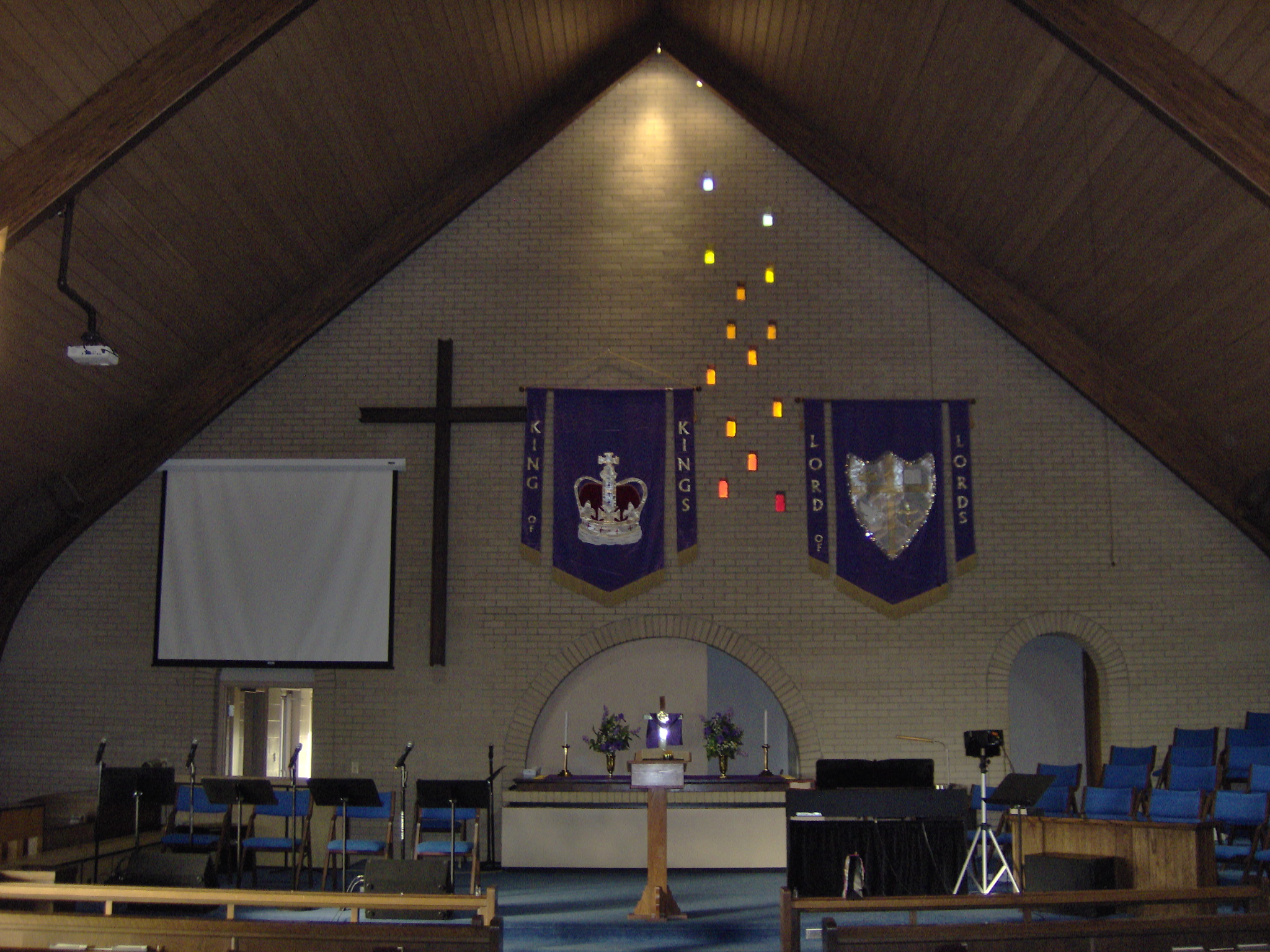“Give them Grace or Give them Hell?”
Matthew 16:13-20
THIS conversation at Caesarea Philippi is universally regarded as marking a new era in the life of Christ. His rejection by “His own” is now complete. Jerusalem, troubled at His birth, had been troubled once again when He suddenly came to His Temple, and began to cleanse it in His Father’s name; and though many at the feast were attracted by His deeds of mercy, He could not commit Himself to any of them: (Joh_2:24) there was no rock there on which to build His Church. He had passed through Samaria, and found their fields white unto the harvest, but the time of
reaping was not yet. Galilee had given better promise: again and again it had appeared as if the foundation of the new kingdom would be firmly laid in the land of “Zebulun and Naphtali”; but there had been bitter and crushing disappointment, – even the cities where most of His mighty works were done repented not.
The people had eagerly welcomed His earthly things; but when He began to speak to them of heavenly things, they “went back, and walked no more with Him.” And though opportunity after opportunity was given them while He hovered on the outskirts, ever and anon returning to the familiar scenes, they would not repent; they would not welcome or even receive the kingdom of God which Christ came to be found. The country has been traversed from the wilderness of Judea, in the far south, even unto Dan; and as there had been no room for the Infant King in the inn, so there was none in all the land for the infant kingdom.
Thus it comes to pass that, with the very small band He has gathered around Him-called in the land indeed, but now of necessity called to come out of it-He withdraws to the neighborhood of the Gentile town of Caesarea Philippi; not for seclusion only, but, as the event shows, to found an Ecclesia-His Church. The scenery in this region is exceptionally beautiful, and the place was in every way suited for a season of quiet communion with nature and with nature’s God. It was, moreover, just outside the land; and in the place and surroundings there was much that must have been suggestive and inspiring. Is not this great mountain, on one of the southern flanks of which they are now resting, the mighty Hermon, the great landmark of the north, rearing its snowy head on high to catch the precious clouds of heaven, and enrich with them the winds that shall blow southward over Palestine? And are not these springs which issue from the rock beside them the sources of the Jordan, the sacred river? As the dew of Hermon, and as the flowing of the water– springs, shall be that Church of the living God, which, as the sequel will unfold, had its first foundation on this rocky hillside and by these river sources.
Into this remote and rocky region, then, the Master has retired with the small band of faithful disciples, on whom alone He can depend for the future. But can He depend even on them? Have they not been tainted with the general apostasy? Does He not already know one of them to be in heart a traitor? (cf. Joh_6:70) And have not all of them just needed the caution themselves to beware of the leaven of the Pharisees and Sadducees? Are they really strong men of faith, like “faithful Abraham,” or are they to be like reeds shaken by the wind? The time has come to test it. This He does, first by asking them what they think of Himself, and then by showing them what they must expect if they still will follow Him. First there must be the test of faith, to ascertain what they have learned from their interactions with Him in the past; then the test of hope, lest their attachment to Him should be based on expectations doomed to disappointment.1
1) Jesus gives these disciples the keys to the kingdom of heaven.
a) Who is Jesus?
b) On this rocky soil, Jesus was going to build his church!
c) Keys are always symbolic in Scripture referring to authority.
2) The church can bind.
a) δέω – deō – deh’-o – A primary verb; to bind (in various applica
tions, literally or figuratively): – bind, be in bonds.2
b) The Pharisee’s and the Sadducee’s spent more time putting
people into bondage than they did trying to help people. Jesus
already warned these disciples not to “eat the bread” of the
Pharisee’s and the Sadducee’s.
c) Ecclesiastes 7:29
3) The church can loose.
a) λύω – luō – loo’-o A primary verb; to “loosen” (literally or figura
tively): – break (up), destroy, dissolve, (un-) loose, melt, put off.3
b) Jesus says that the church can set people free from bondage.
c) Ephesians 1:4-10
So, is Jesus teaching them or us something new? Isaiah 61:1-11
___________________________________________________________
1. Longenecker, Richard N. “Matthew.” In John and Acts, vol. 9, The Expositor’s Bible Commentary: With the New International Version, edited by Frank E. Gæbelein, 205-573. Grand Rapids: Zondervan, 1981
2 “Bind”, G1210. Strong’s Exhaustive Concordance.
3 “Loose”. G3089. Strong’s Exhaustive Concordance.
